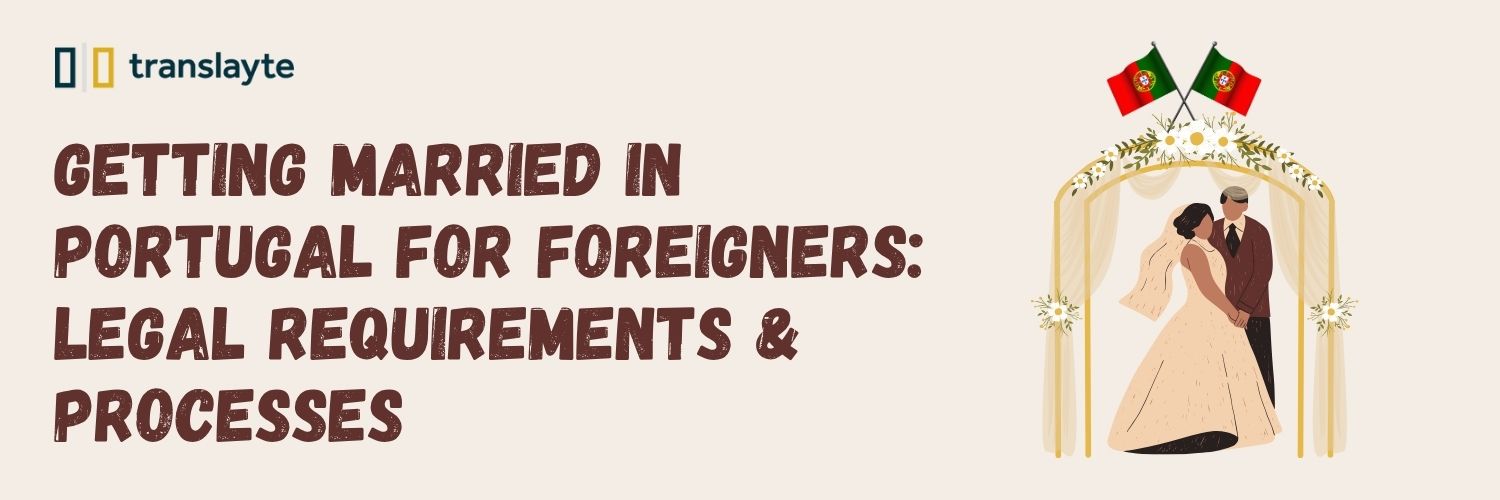Benefits of the D7 Visa
The D7 Visa offers several benefits that can enhance your lifestyle. These include:
Wider Travel Opportunities: As a D7 Visa holder, you can travel freely within the Schengen Area without needing additional Portuguese visas.
Long-term Residency and Citizenship: The D7 Visa grants you an initial one-year residence permit in Portugal, renewable for two additional years. After five years of legal residence and meeting certain requirements, such as passing a Portuguese language test, you can apply for permanent residency and eventually, citizenship.
Rights and Privileges of Residency: Upon your visa approval, you gain access to public services similar to those available to Portuguese citizens. These include healthcare, social security, legal protections, and educational and employment opportunities.
Family Reunification Benefits: You can bring your family to join you in Portugal as a D7 Visa holder. Eligible family members include:
Your spouse or partner.
Your children under 18 or dependent children over 18 who are unmarried and still schooling.
Your or your spouse’s dependent parents.
Your minor siblings who depend on you.
D7 Visa eligibility criteria
To get a Portuguese D7 Visa, you must meet certain requirements that show you can support yourself and follow Portugal’s immigration rules.
Primary Requirements
Your country of origin must be outside the EU, EEA, or Switzerland. You must also have a clean criminal record and prove that you have a place to live in Portugal, demonstrated through a rental agreement or a deed if you own a property.
Financial Requirements
The D7 Visa requires a stable passive income source such as pensions, rental income, investments, dividends, or royalties. The minimum income requirements are:
€8,460 per year for a single person.
An additional 50% (€4,230) per year if you have a spouse.
An additional 30% (€2,538) per year for each dependent child.
Residency Requirements
To maintain your visa and qualify for permanent residency or citizenship, you must live in Portugal for at least 16 months during the first two years. After this period, you can obtain a temporary residence permit for another two years and apply for permanent residency after the two years elapse if you remain in the country. However, you must keep your health insurance valid throughout your stay.
D7 Visa requirements and procedure
Starting the application process for the Portugal D7 Visa requires thorough preparation and a deep understanding of the steps involved. This detailed approach helps ensure a seamless journey towards your temporary residence permit.
Initial Documentation
Your first task is to collect all necessary documents, which include:
A filled-out D7 Visa application form.
A valid passport with at least two blank pages.
Two recent passport photos.
Evidence of stable passive income through your bank statements.
Proof of a place to stay in Portugal.
A Portugal Número de Identificação Fiscal (NIF) number. This is your tax identifier.
A criminal record certificate from your current country and any other country where you’ve lived for more than a year within the last five years.
Submission and Review
After preparing your documents, these are the next steps to follow:
Schedule an appointment and submit your application and documents at your country’s Portuguese consulate or embassy.
Pay the application fee, typically about €50 to €300 per person.
Wait for the application review. The consulate might ask for more information or additional documents during this period.
The Portuguese Immigration and Borders Service (SEF) conducts an initial review of your application.
Final Steps and Approval
Once the consulate approves your application:
You’ll receive a temporary residence visa to enter Portugal.
Within four months of arriving in Portugal, you must book an appointment with SEF to provide your biometric data.
You’ll then receive a temporary residence permit valid for two years, which you can renew.
After five years of legal residency, you can apply for a permanent residence permit or citizenship, provided you meet all the required conditions.
How can Translayte help?
When applying for the D7 Visa, getting a certified translation of your foreign documents into Portuguese is a non-negotiable. Getting certified translation services in Portugal is straightforward and efficient with Translayte. We provide professional and sworn translation to ensure your documents meet the standards required by the Portuguese authorities. Our certificate of translation accuracy minimises the risk of delays or rejections due to translation errors. Moreover, our streamlined process assures a quick turnaround, allowing you to proceed with your visa application with peace of mind.
Financial considerations
When preparing for the Portugal D7 Visa, you must fully understand the financial requirements and implications to ensure you can meet the visa conditions and sustain your lifestyle in Portugal. These include:
Tax Implications
You become a Portuguese tax resident if you stay for more than 183 days in a fiscal year or obtain residency by the end of the year. As a tax resident, you must pay taxes on your global income, with rates reaching up to 48% for higher income brackets. However, the NHR regime can lower your tax rates on foreign-sourced income for up to ten years.
Cost of Living
The cost of living in Portugal varies by location and lifestyle but is generally lower than in many Western European countries. You should consider local living expenses, often indicated by the minimum wage, and plan your budget to cover housing, utilities, food, transportation, and healthcare costs.
Banking Requirements
To qualify for a D7 Visa, you must establish financial stability through a Portuguese bank account. This includes providing bank statements from the last six months to show steady passive income. The minimum passive income is €760 per month (€9,120 annually), with an additional 50% for your spouse and 30% for each dependent child.
You must be present in Portugal to open a bank account or designate someone to do it via power of attorney. Before taking this step, ensure you have your passport, a Portuguese tax number (NIF), and proof of address.
D7 Visa cost
The actual government fees for the Portuguese D7 Visa are quite low, typically ranging from €50 to €300 per applicant. However, your main expenses will involve relocation, renting or purchasing property, and professional fees, among other costs.
D7 Visa renewals and minimum stay requirements

When applying for a D7 Visa, you must understand the steps from getting temporary residency to becoming a citizen. Here’s what you need to know about renewing your residency, qualifying for permanent residency, and the requirements for citizenship:
Renewal of Residency
Once you receive the D7 Visa, you begin with a temporary residency permit valid for two years. You must renew this permit before it expires to extend your residency by another two years. To renew, you must:
Achieving Permanent Residency
You can apply for permanent residency after legally living in Portugal for five years (the time under temporary residency is inclusive). To be eligible, you must do the following:
Prove you've lived continuously in Portugal.
Demonstrate that you can speak Portuguese at an A2 (basic) level.
Have a stable income and a permanent home in Portugal.
Permanent residency grants you the right to live, work, and study in Portugal indefinitely without needing further permit renewals.
Path to Citizenship
You can seek Portuguese citizenship after five years of permanent residence. For this transition, you must:
A Portuguese citizenship status grants you a Portuguese passport, more travel freedom, voting rights, and protection from Portugal and the EU when you travel abroad.
Minimum stay requirements
Your residence permit may be cancelled if you don’t meet the minimum stay requirements. For a temporary residence permit, you must not stay outside the country for more than six consecutive months or eight months during the permit's validity. For permanent residency, the limits are 24 consecutive months or 30 months over three years. However, if you need to travel for work or emergencies, you may be allowed to exceed these limits with valid reasons.
Comparing D7 and Golden Visa
When choosing between the D7 Visa and the Golden Visa Program in Portugal, it's important to consider a few key differences:
Investment Requirements: The Golden visa requires you to make a large financial investment, such as buying property or transferring significant amount of money. The D7 Visa, however, is based on showing that you have a steady income.
Time Spent in Portugal: Golden visa holders only need to stay in Portugal for seven days in the first year and then 14 days every two years. This means the D7 vVsa requires you to spend more time in Portugal.
Application Process and Costs: Applying for a Golden visa can be more expensive due to higher fees and the investment needed. However, the process is usually simpler and there's more professional help available.
Related posts
How to Apply for a Portuguese Student Visa
How to Get an Apostille on Documents Issues in Portugal
How to Get Married in Portugal as a Foreigner






